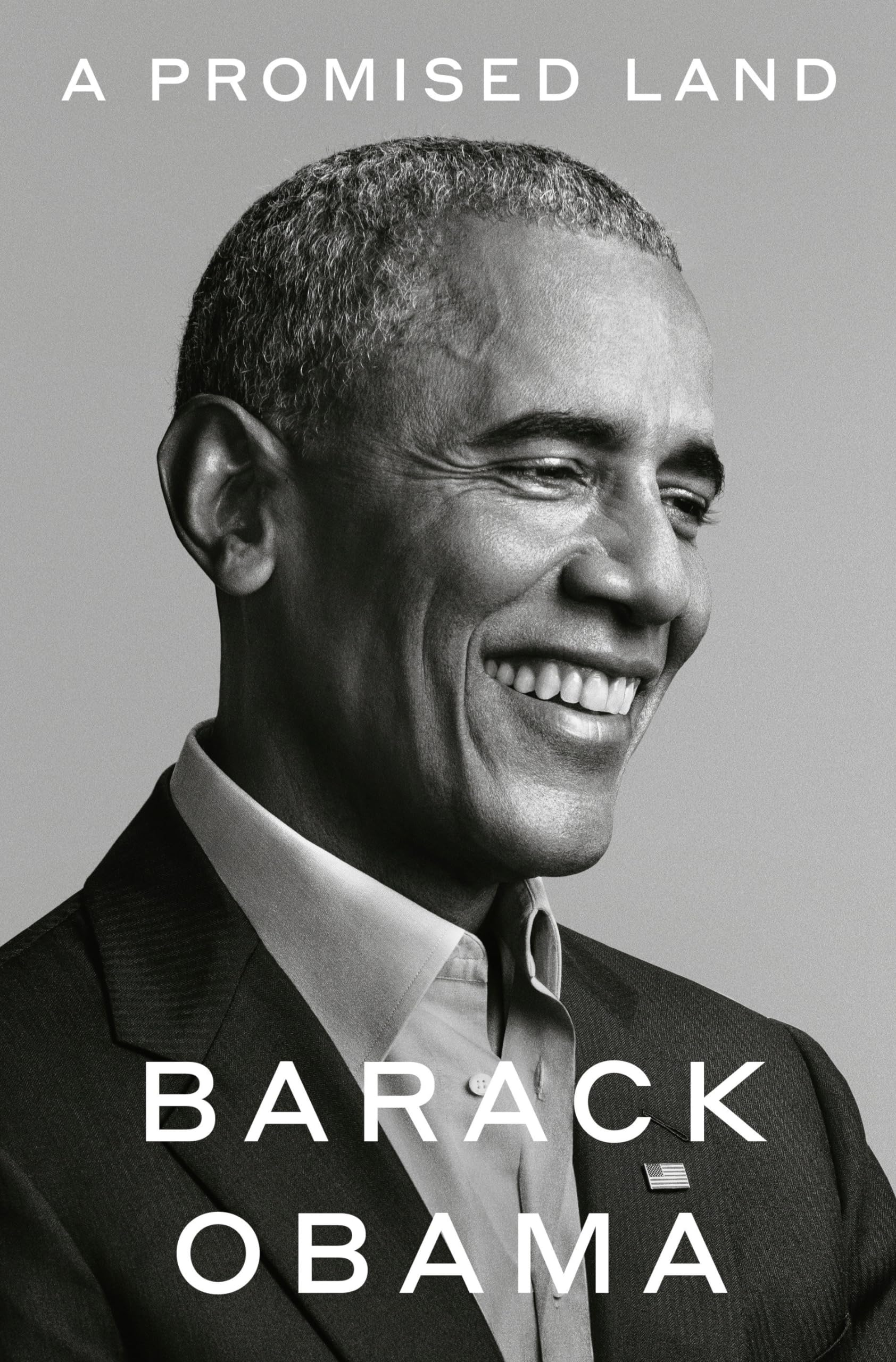CHAPTER 7: The Turning Point in Obama’s Campaign
byChapter 7 delves into the pivotal phase of Barack Obama’s 2008 presidential campaign, a moment when his bid for the White House gained unprecedented momentum following the endorsements of Caroline and Ted Kennedy. Their public support symbolized a generational shift in the Democratic Party, as they aligned themselves with Obama’s vision of hope and progress, reminiscent of the idealism championed by President John F. Kennedy. The endorsement not only validated his candidacy in the eyes of many undecided voters but also injected a renewed sense of optimism and legitimacy into his campaign, bridging the legacy of the past with the aspirations of the future.
Super Tuesday, one of the most significant events in the Democratic primaries, presented a formidable challenge, as Obama faced off against Hillary Clinton, a seasoned political figure with deep institutional backing and an expansive network of supporters. While Clinton secured victories in large, delegate-rich states like California and New York, Obama’s campaign executed a meticulous strategy focused on winning smaller caucus states such as Idaho, Minnesota, and Colorado. These victories, though not as high-profile as Clinton’s, contributed significantly to his delegate count, proving that his grassroots movement, built on community engagement and volunteer-driven mobilization, was an effective counterbalance to Clinton’s traditional political machinery.
A key element of this chapter is the campaign’s strategic use of technology, marking a shift in how modern political movements operated. Obama’s team pioneered the use of social media, online fundraising, and digital communication to engage with voters in ways that had never been seen before in a presidential race. This digital-first approach helped build a decentralized yet highly organized campaign infrastructure, allowing everyday Americans to feel directly involved in the movement. However, Obama also reflects on the double-edged nature of technology, acknowledging how it could be manipulated to spread misinformation, distort narratives, and exacerbate political divisions—issues that would become even more pronounced in future elections.
One of the most emotionally charged aspects of the campaign was the recurring debate about race in America, a subject that came to the forefront in an intensely personal and political way. Obama references W.E.B. Du Bois’s concept of “double consciousness,” reflecting on how his identity was scrutinized in a nation still wrestling with racial inequality. This struggle became most apparent when controversy erupted over his longtime pastor, Reverend Jeremiah Wright, whose fiery sermons were weaponized by political opponents to question Obama’s patriotism and commitment to American values. The media frenzy that followed painted Obama as someone whose background and beliefs were out of step with mainstream America, forcing him to address the issue head-on.
Rather than sidestepping the controversy, Obama confronted it with a historic speech on race in Philadelphia, a defining moment of the campaign that sought to foster a deeper conversation about racial tensions in the United States. In the speech, he acknowledged the frustrations of both Black and white Americans, arguing that healing the nation’s racial wounds required honesty, understanding, and a shared commitment to progress. His ability to articulate these complex issues with nuance and sincerity not only helped defuse the controversy but also reinforced his position as a leader who could bridge divides and unify the country.
As the campaign progressed, Obama reflected on the personal toll of running for the presidency. The demands of a grueling schedule, coupled with heightened security, meant that he was increasingly distanced from the direct, personal interactions that had once defined his political journey. The shift from intimate campaign stops to massive rallies, while energizing, also served as a stark reminder of the isolating nature of political leadership. Despite this, he found strength in the unwavering enthusiasm of his supporters, who continued to show up in record numbers, demonstrating their belief in the movement he had inspired.
Despite the relentless political attacks and the pressure of carrying an entire movement on his shoulders, Obama remained resolute. Every speech, every handshake, and every rally reinforced his belief in the power of grassroots democracy. The movement had evolved beyond a campaign—it had become a historic moment of transformation, one that galvanized millions of people to believe that real change was possible. The expectations were immense, but Obama embraced them, recognizing that he was not just running a political race; he was leading a movement that represented the hopes and aspirations of an entire generation.
As the final primaries loomed, Obama and his team remained focused on their core message of hope, unity, and change. The political battle with Clinton intensified, yet the fundamental principles that had propelled his candidacy remained steadfast. The path forward was uncertain, but the passion, resilience, and determination of those who had placed their faith in his leadership provided the momentum needed to push ahead. In those moments of reflection, he understood that what lay ahead was more than just an election—it was an opportunity to reshape the future of the country in a way that had never been done before.

